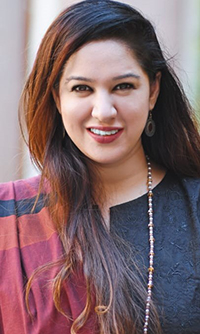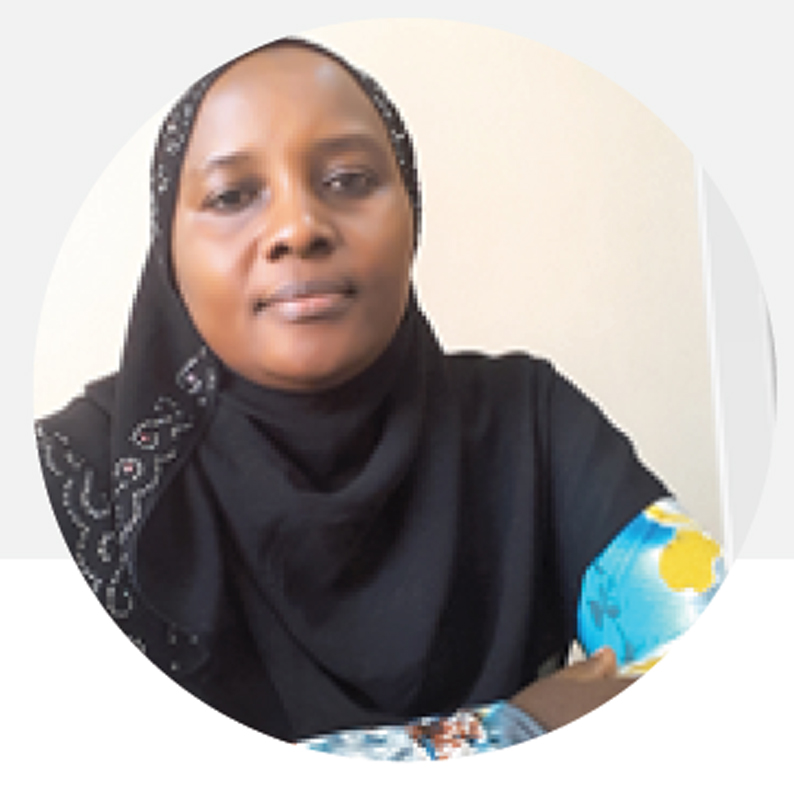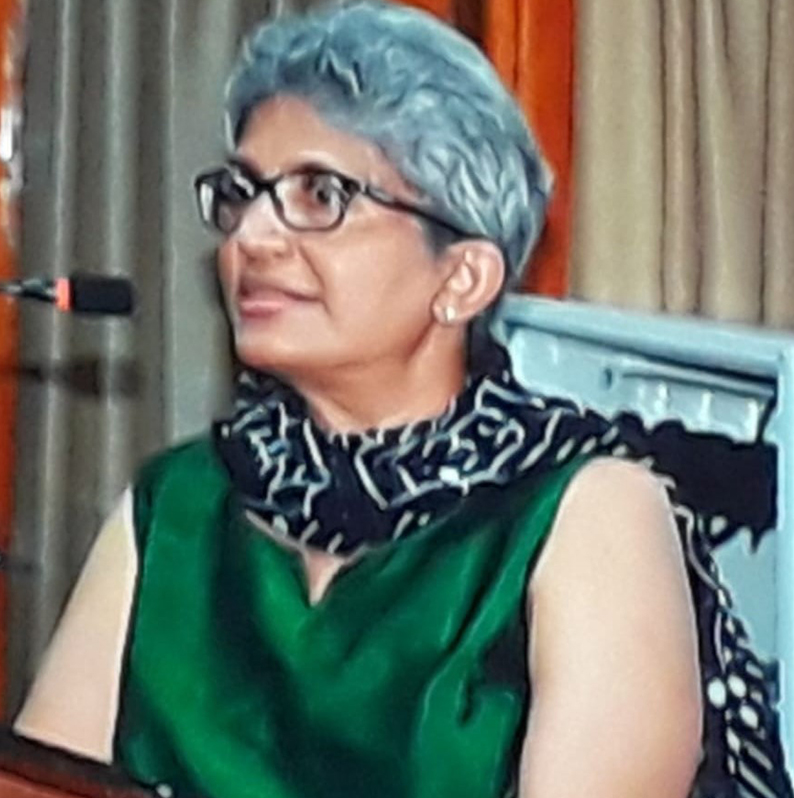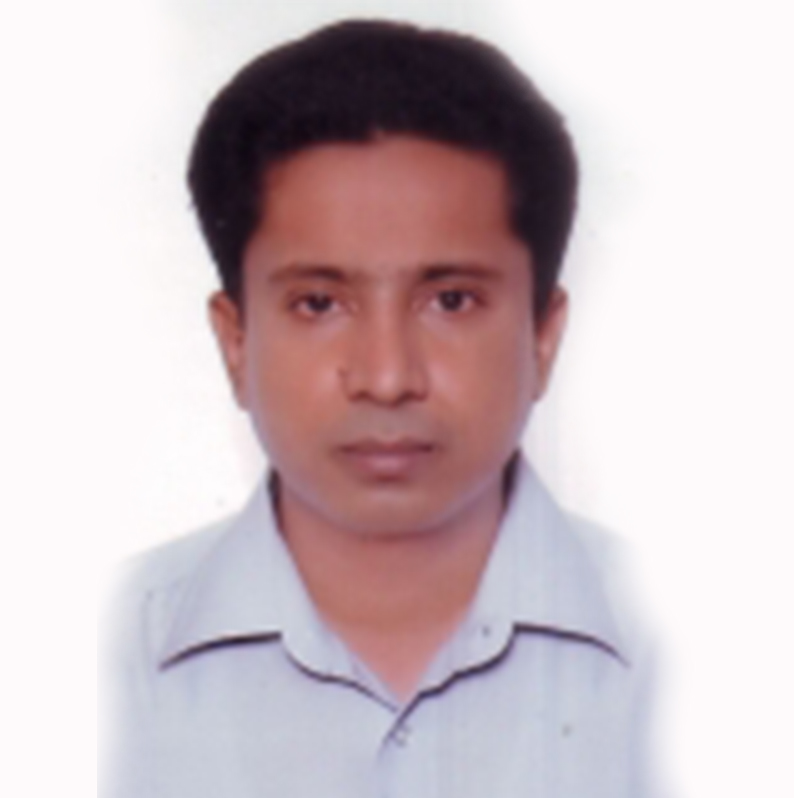Fellows 2021 
Dr. Millicent Adjei Ashesi University, Ghana
Shola Coker Covenant University, Nigeria
Zahra Tharani Aga Khan University School of Nursing and Midwifery, Pakistan
Fellows 2020 
Dr Georgina Oduro University of Cape Coast (UCC), Ghana
Dr Fatmatta Taqi University of Sierra Leone, Sierra Leone
Dr Scholastica Omondi University of Nairobi, Kenya
Fellows 2019 
Dr. Lulu Simon University of Dar es Salaam, Tanzania
Dr. Andrew Mushi Mzumbe University, Dar Es Salaam, Tanzania
Fellows 2018 
Ms. Fatihiya Ally Massawe Sokoine University of Agriculture (SUA), Tanzania
Fellows 2017 
Dr. Carmen Suneetha Wickramagamage University of Peradeniya, Sri Lanka
Fellows 2016 
Mohammad Mojibur Rahman University of Dhaka, Bangladesh









